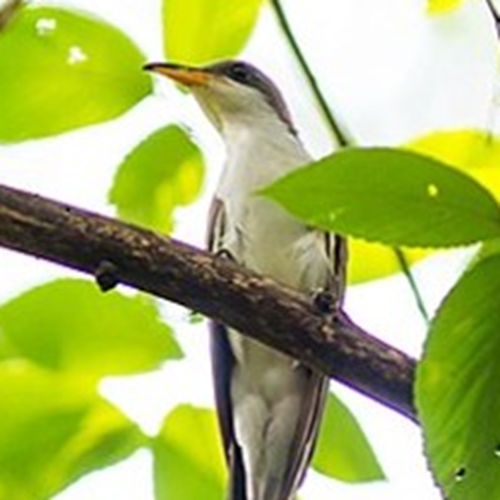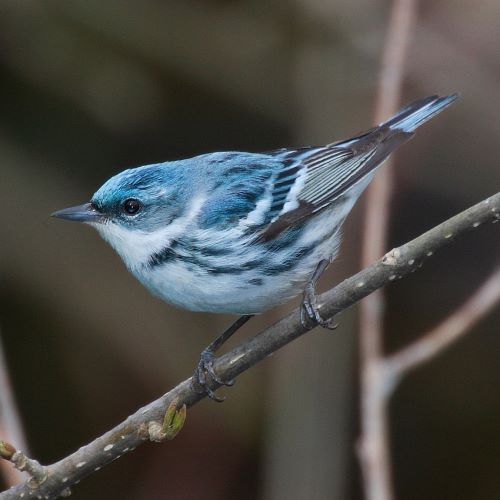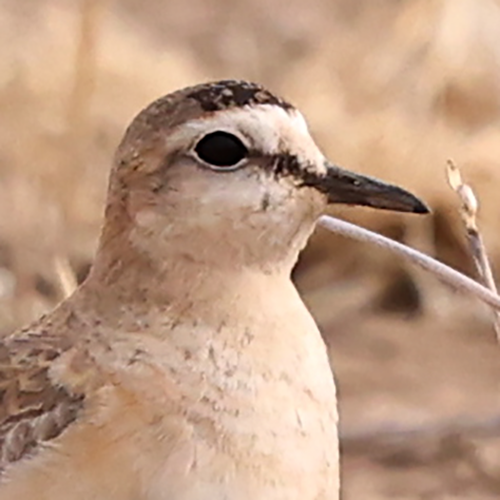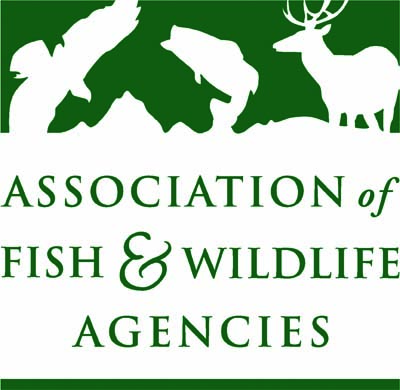CONSERVING MIGRATORY BIRDS
ACROSS SEASONS, ACROSS BORDERS
Welcome to Southern Wings
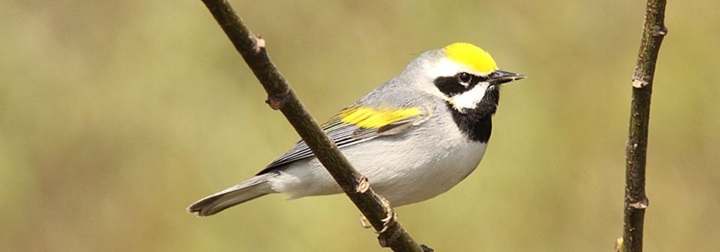
Southern Wings, created in 2009 and coordinated by the Association of Fish and Wildlife Agencies, connects state agencies with partners working towards habitat conservation, management, and research on priority migratory birds that spend up to eight months of the year outside of the United States. Our partner-led projects implement critical conservation work in Central and South America, Mexico, and the Caribbean that not only help conserve shared migratory birds, but also resident species, while enhancing human well-being and local livelihoods. Full annual cycle conservation through Southern Wings is the same successful model used to recover waterfowl, supporting conservation actions south of the U.S. in priority stopover and nonbreeding landscapes and complementing conservation action taken on the breeding grounds in the U.S. by state fish and wildlife agencies.
Since the program’s inception, Southern Wings has invested $4.2 million to implement conservation action at critical sites with strong biological connections to priority SGCNs. The program has leveraged an additional $9 million in partner funding to help conserve over 1.5 million acres of migratory bird habitat, plant over 800,000 trees, and directly benefit 81 priority shared bird species.
Check out the resources page and the Online Guide to learn more about full annual cycle conservation for birds breeding in your state and find SWAP resources, webinars, and Southern Wings success stories.
QUICK LINKS





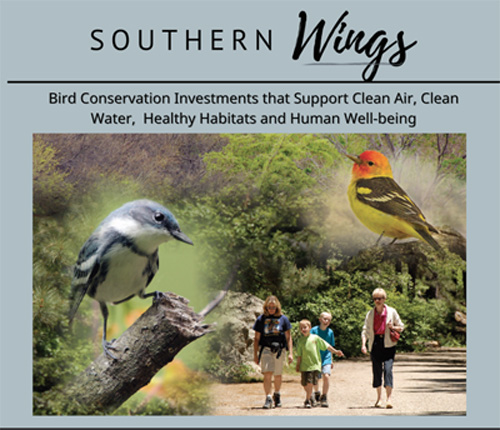
Recent Success Stories
The Southern Wings Guide was created in partnership with:
SPECIAL THANKS:
The Southern Wings Online Guide is a science data-driven resource intended to help state agencies be more efficient and impactful with their finite resources. The National Audubon Society's Bird Migration Explorer, Cornell Lab of Ornithology eBird Status and Trends, and Partners in Flight provided the data and information that underpins the guide.

With funding provided by the Multi-State Conservation Grant Program:



